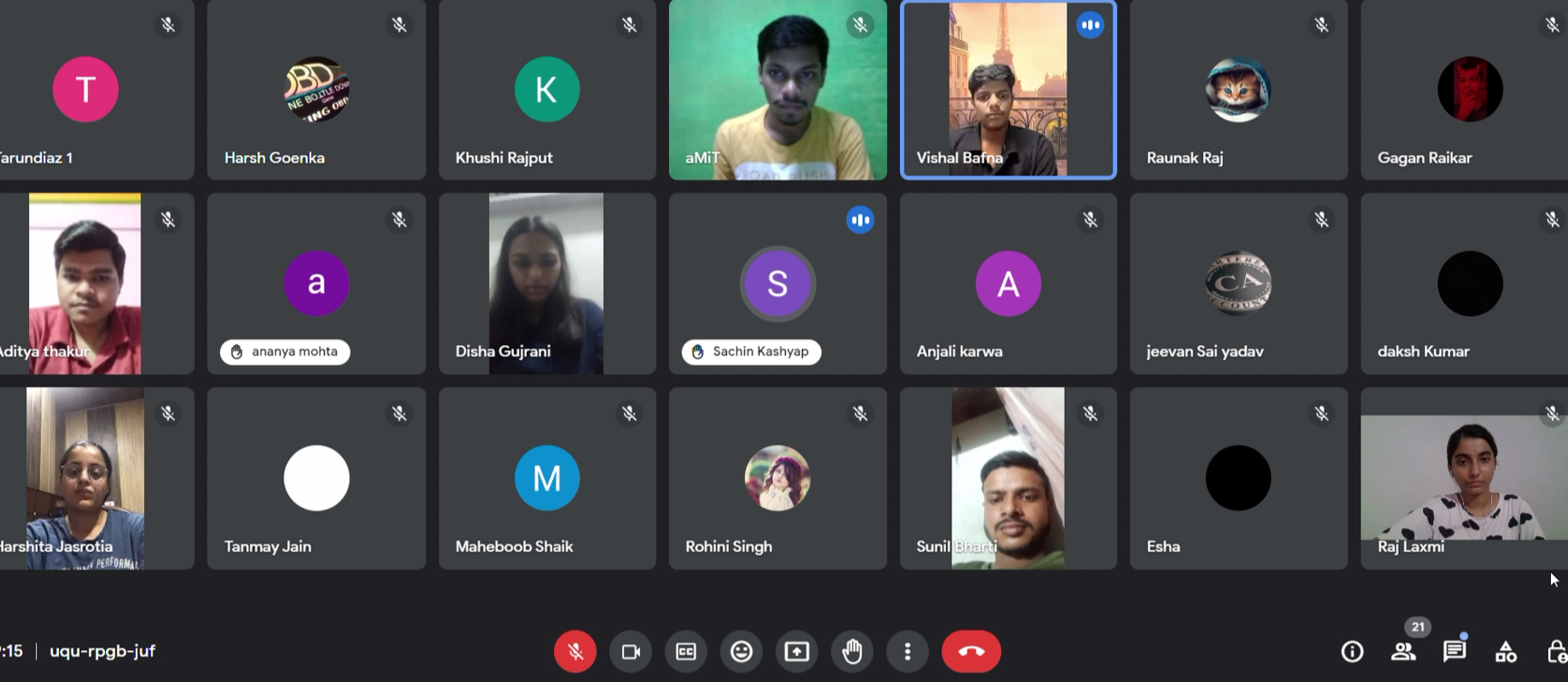CA Inter Syllabus
GROUP I
Paper 1: Advanced Accounting (100 Mark's)
Module 1:
- Introduction to Accounting Standards
- Framework for Preparation and Presentation of Financial Statements
- Applicability of Accounting Standards
- Presentation & Disclosure Based Accounting Standards
Module 2:
- Assets Based Accounting Standards
- Liabilities Based Accounting Standards
- Accounting Standards Based on Items Impacting Financial Statement
- Revenue Based Accounting Standards
- Other Accounting Standards
- Accounting Standards for Consolidated Financial Statement
Module 3:
- Financial Statements of Companies
- Buyback of Securities
- Amalgamation of Companies
- Accounting for Reconstruction of Companies
- Accounting for Branches including Foreign Branches
Paper 2: Corporate and Other Laws (100 Mark's)
Module 1:
- Preliminary
- Incorporation of Company and Matters Incidental Thereto
- Prospectus and Allotment of Securities
- Share Capital and Debentures
- Acceptance of Deposits by Companies
- Registration of Charges
Module 2:
- Management and Administration
- Declaration and Payment of Dividend
- Accounts of Companies
- Audit and Auditors
- Companies Incorporated Outside India
Module 3:
- Part I: The Limited Liability Partnership Act, 2008
- Part II: Other Laws
- The Foreign Exchange Management Act 1999
- The General Clauses Act, 1897
- Interpretation of Statutes
Paper 3: Taxation (100 Mark's)
Section A: Income Tax Law (50 marks)
Module 1:
- Basic Concepts
- Residential Status and Scope of Total Income
- Incomes that do not form part of total income
- Heads of income
Module 2:
- Income of Other Persons included in Assessee's Total Income
- Aggregation of Income, Set-off or Carry Forward of Losses
- Deductions from Gross Total Income
- Advance tax, Tax deduction at Source, and Tax Collection at Source
- Provisions for filing Return of Income and Self-Assessment
Module 3:
- Income Tax Liability Computation and Optimisation
Section B: Goods and Service Tax (50 marks)
Module 1:
- GST in India an Introduction
- Supply Under GST
- Charge of GST
- Place of Supply
- Exemptions from GST
- Time of Supply
- Value of Supply
Module 2:
- Input Tax Credit
- Registration
- Tax Invoice; Credit and Debit Notes
- Accounts and Records
- E-Way Bill
- Payment of Tax
- Tax Deduction at Source and Collection of Tax at Source
- Returns
GROUP II
Paper 4: Cost and Management Accounting (100 Mark's)
Module 1:
- Introduction to Cost and Management Accounting
- Material Cost
- Employee Cost and Direct Expenses
- Overheads Absorption Costing Method
- Activity Based Costing (ABC)
- Cost Sheet
- Cost Accounting Systems
Module 2:
- Unit & Batch Costing
- Job Costing
- Process & Operation Costing
- Joint Products and By Products
- Contract Costing
- Standard Costing
- Marginal Costing
- Budgets and Budgetary Control
Paper 5: Auditing and Ethics (100 Mark's)
Module 1:
- Nature, Objective, and Scope of Audit
- Audit Strategy, Audit Planning and Audit Programme
- Audit Evidence
- Risk Assessment and Internal Control
- Audit of Items of Financial Statements
Module 2:
- Audit Documentation
- Completion and Review
- Audit Report
- Audit of Banks
- Special Features of Audit of Different Types of Entities
- Ethics and Terms of Audit Engagements
Paper 6: Financial Management & Strategic Management (100 Mark's)
Section A: Financial Management (50 marks)
Module 1:
- Scope and Objectives of Financial Management
- Types of Financing
- Financial Analysis and Planning Ratios Analysis
- Financing Decisions-Capital Structure
- Cost of Capital
- Financing Decisions-Leverages
Module 2:
- Investment Decisions
- Dividend Decisions
- Management of Working Capital
Section B: Strategic Management (50 marks)
- Introduction to Strategic Management
- Strategic Analysis: External Environment
- Strategic Analysis: Internal Environment
- Strategic Choices
- Strategy Implementation and Evaluation





